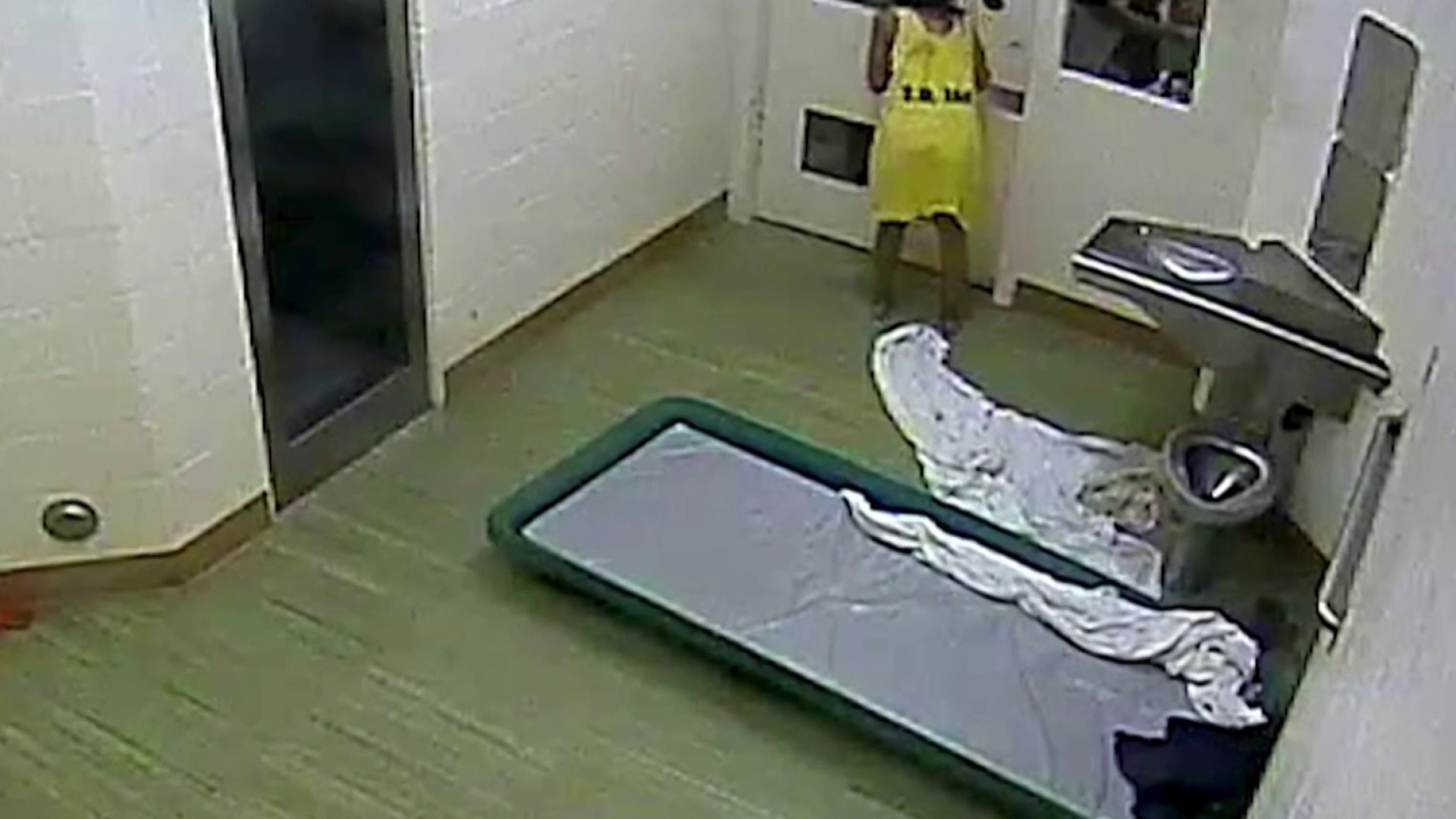Bob Woodward’s new book “Fear: Trump in the White House” has garnered a bevy of national press for its depiction of a White House in chaos.
Woodward, who first came to prominence, along with Carl Bernstein, for his legendary Washington Post reporting during the Watergate scandal and for their 1974 book "All the President's Men," has written about every White House since Nixon.
“Fear: Trump in the White House” comes out in bookstores Tuesday, but Woodward’s last book, published in 2015, was about a native San Diegan.

“The Last of the President’s Men,” a reflection on the Watergate years, focuses on Alexander Butterfield, President Nixon’s deputy assistant from 1969 to 1973.
The book opens in San Diego as Woodward’s describes coming to Butterfield’s condo “two blocks from the Pacific Ocean in La Jolla” to look through boxes and documents relevant to Nixon and Watergate.

Butterfield, the son of a Navy rear admiral, grew up in Coronado and met his former wife there. A Coronado newspaper wedding announcement from 1948 reads in part: “Mrs. Florence Maguire has announced the engagement of her daughter Charlotte, to Alexander Porter Butterfield, son of Capt. and Mrs. Horace Butterfield of Washington, D. C.”
Local
“[Charlotte] Mary Maguire, was his sweetheart in the fifth grade in the public schools of Coronado, Calif.,” according to a New York Times article from 1973. Butterfield and his wife later divorced in 1985.
Butterfield helped set up and later exposed the secret taping system at the White House during the Watergate Hearings in 1973, but he was never implicated in the scandal himself.
He graduated from UCLA and joined the Air Force, reaching the rank of colonel before joining the Nixon White House in 1969.
After Butterfield exposed the taping system, he left the government and struggled to find work for two years, eventually settling into the private sector.
In 1992, Butterfield moved to La Jolla and earned a master’s from UC San Diego in history. He is 92 years old.
“It wasn’t really a happy time,” Butterfield told Woodward of his years in the Nixon administration. “I thought at times what could have been, had I remained in the Air Force and become a general officer.”
“Life in California is so different from Washington, he says,” Woodward writes at the end of the book. “[Butterfield] found contentment on the West Coast, and says he is at peace with himself.”
Woodward wrote Butterfield told him if he had not disclosed the taping system, he likely would have found a place in the Califonria Republican business world. “In another life, I probably would’ve been going to those things,” he quotes Butterfield as saying. “Instead,” Woodward writes, “he found anonymity and basked in it.”
“Nobody knew, you know, my name,” Butterfield told Woodward in 2014 of living in San Diego. “Out here, no way. You could spell it out, and you could even tell them you had a key role in Watergate. They’d say Water-what?”
Maybe not these days.



